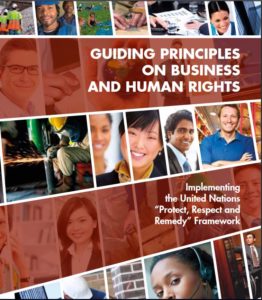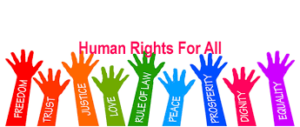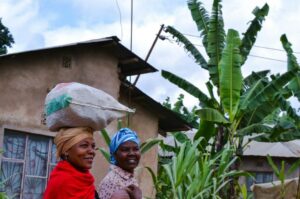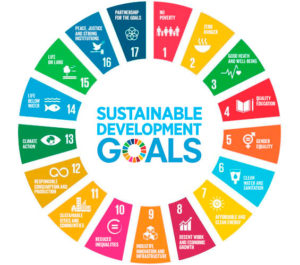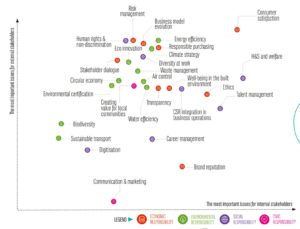5 PRINCIPLES TO CONDUCT A ROBUST HUMAN RIGHTS DUE DILIGENCE
Based on our extensive experience structuring and leading human rights due diligence work, Ksapa identified 5 principles to develop a robust approach. This can be used by corporates or investors as well as other stakeholders willing to engage in constructive approaches to promote better human rights practices across operations and assets.
The Low-Down on Human Rights Due Diligence
Multinational companies will be increasingly challenged by multiple stakeholders on whether and how they have conducted due diligence to understand their potential impact across operations, joint ventures and supply chain activities. They need to demonstrate understanding of vulnerable groups to genuinely mitigate risks at all levels. They also need to consider the potential human right violations that could potentially be linked to environmental consequences while making decisions. Climate, water or biodiversity depletion for instance generate risks of human right violations.
Key Takeaways
Based on our extensive experience structuring and leading human rights due diligence work, Ksapa identified 5 principles to develop a robust approach. This can be used by corporates or investors as well as other stakeholders willing to engage in constructive approaches to promote better human rights practices across operations and assets.
Read the Document in Full
To learn more, register and download our briefing paper.
"*" indicates required fields


